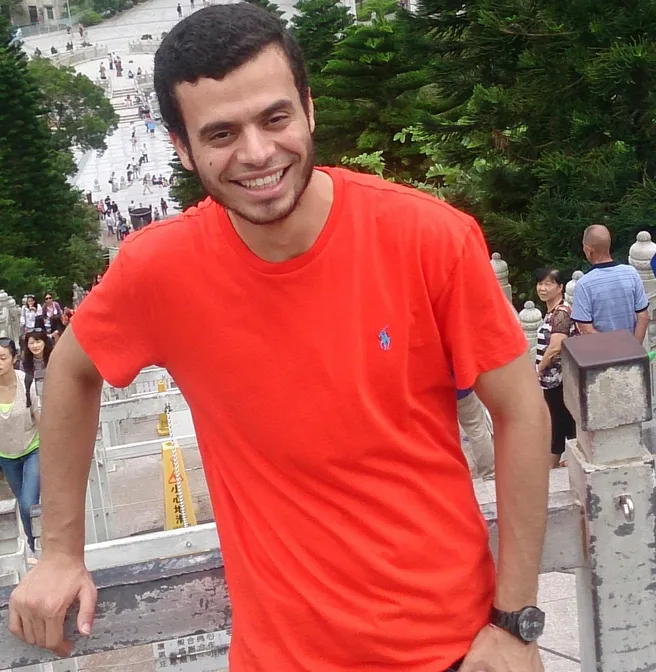Improper Gaussian Signaling in Full-Duplex Relay Channels with Residual Self-Interference
Mohamed Gaafar
King Abdullah University of Science and Technology (KAUST), Thuwal, Saudi Arabia
Abstract:
Improper Gaussian signaling (IGS) has recently been proven to be advantageous over proper Gaussian signaling (PGS) in several interference-limited networks. In this talk, we study the potential employment of IGS in full-duplex cooperative setting with residual self-interference (RSI). IGS is employed in an attempt to alleviate the RSI adverse effect in full-duplex relaying (FDR). To this end, we derive a tight upper bound expression for the end-to-end outage probability in terms of the relay signal parameters represented in its power and circularity coefficient. We further show that the derived upper bound is either monotonic or unimodal in the relay’s circularity coefficient. This result allows for easily locating the global optimal point using known numerical methods. Based on the analysis, IGS allows FDR systems to operate even with high RSI. It is shown that, while the communication totally fails with PGS as the RSI increases, the IGS outage probability approaches a fixed value that depends on the channel statistics and target rate. The obtained results show that IGS can leverage higher relay power budgets than PGS to improve the performance, meanwhile it relieves its RSI impact via tuning the signal impropriety.
Biography:
Mohamed Gaafar was born in Bani-Souwaif, Egypt in 1990. He received the B. Sc. degree (with highest honors) in Communications Engineering from the German university in Cairo, Cairo, Egypt in 2013. He did the last semester of bachelor studies in Ulm University, Germany along with working as a student within the driver observation and analysis team at the R&D department at Daimler AG, Ulm, Germany. He is currently pursuing MS/PHD track at King Abdullah University of Science and Technology (KAUST), Thuwal, Saudi Arabia. He is working as a research and teaching assistant at the Communications Theory lab at KAUST, headed by Prof. Mohamed-Slim Alouini. His current research interests include wireless communications, signal processing for communications and information and coding theory.
